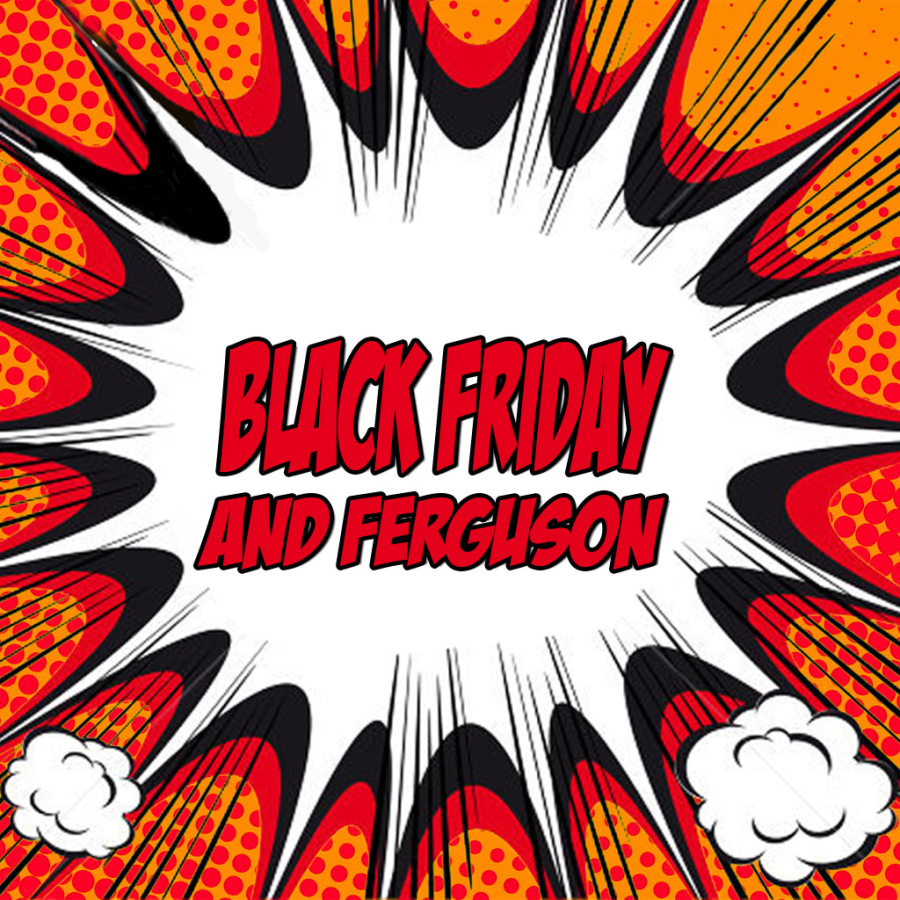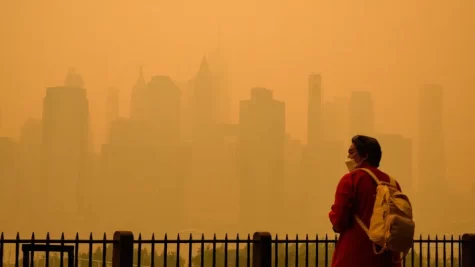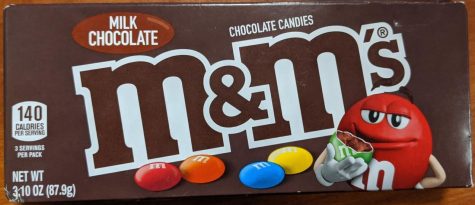Black Friday and Ferguson
December 16, 2014
For the past decade, Black Friday has become an increasingly frenzied occasion. Each year, more and more people seem to find purpose in waking up ridiculously early and flocking to the malls and shopping centers, adrenalized by the prospect of beating everyone else to the best deal. This year was different. Though millions of people turned up for Black Friday and even Thanksgiving shopping, Friday’s sales fell unexpectedly and many businesses felt disappointed by their holiday harvests. Protests against the Ferguson verdict also undermined retail success, and are continuing to do so.
Overall sales for the weekend declined eleven percent to $50.9 billion and six million fewer shoppers turned out than expected on Friday (95.5 million shoppers were expected and only 89 million showed up), though spending on Thanksgiving day increased 24 percent to $3.2 billion and Cyber Monday sales rose eight percent. This was especially surprising considering the lower gas prices and predictions that this year’s shopping season would bring record sales.
One reason for this unexpected trend might be that some large stores, such as Wal-Mart, started Black Friday deals and promotions earlier in the week to gain an edge on the competition. Wal-Mart alone discounted over 20,000 items and put seven million items online in the weeks leading up to Black Friday, and it saw record online sales.
Analysts say that such early discount campaigns coupled with opening on Thanksgiving and more online shopping is taking away from Black Friday sales. More people are shopping earlier in the week, on Thanksgiving, or online so that they can avoid the chaotic crowds on Friday.
Other companies that made big bucks included giant brands, such as Kohls, Apple, Amazon, Samsung, and Microsoft.
In spite of decreased spending on the biggest shopping day of the year, combined sales from November and December are still predicted to increase by 4.1%.
More significantly, Ferguson protesters across the country chose to use malls as platforms for their various demonstrations. In Seattle, hundreds of protesters surged on the Westlake and Pacific Place malls and the cops could not keep them out, though five demonstrators were arrested over the course of the day.
At Westlake, about 200 protesters gathered on a balcony and chanted, eventually staging a “die-in” by all laying down on the floor. Crowds at Pacific Place took over the escalators and fourth floor, also yelling and chanting. Several retailers reported that they lost sales due to the protests, which were sometimes violent and forced Westlake to close three hours early.
Outside the malls, protesters marched through the streets, blocking traffic and intersections and shutting down light rail service to Westlake station. Wherever the protesters went, the police followed, each side using pepper spray against the other. The demonstrators also disrupted the city’s popular tree lighting, frightening many of the families in attendance. A Seattle children’s choir from Fifth Avenue theatre was scheduled to sing carols at the event, but their performance was canceled due to the protests’ potential threat to their safety. Witnesses reported that the children were traumatized by the protests, huddling around their chaperones and crying as the masses overtook the Westlake balcony.
Protests at Westlake center have continued since Black Friday weekend and are keeping the public away from the area in droves, which is hurting the businesses in the area by depriving them of sales and customers during the biggest retail holiday of the year. This is likely to make a major dent in the stores’ profits over the rest of the holiday season.
The angry, forceful, persistent, and widespread nature of the protests is proving to be a wakeup call to many shoppers and Washington residents as it forces them to face the fact that a court decision hundreds of miles away is disrupting the cheer and innocence of the holiday season. Christmas and the holiday traditions that it is associated with may not be sacred after all.













